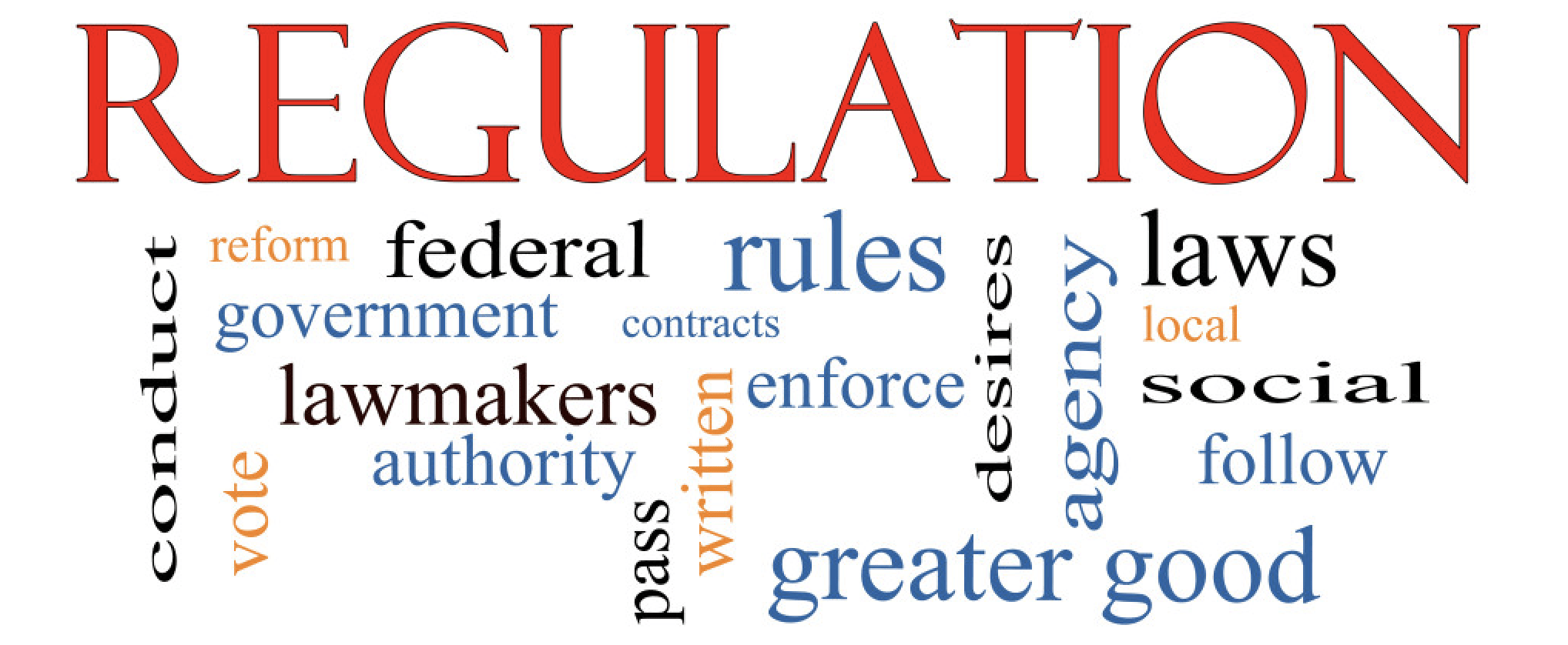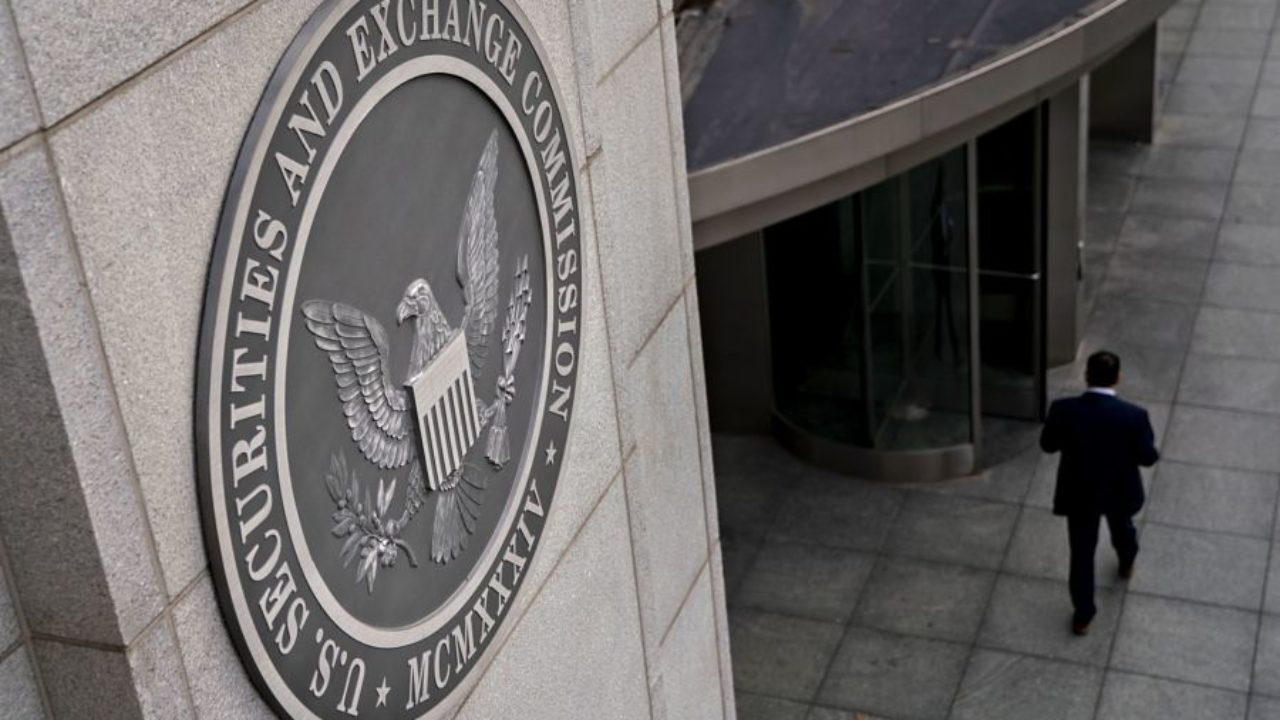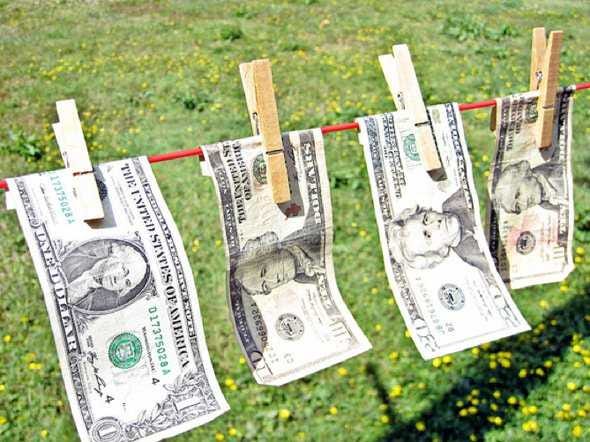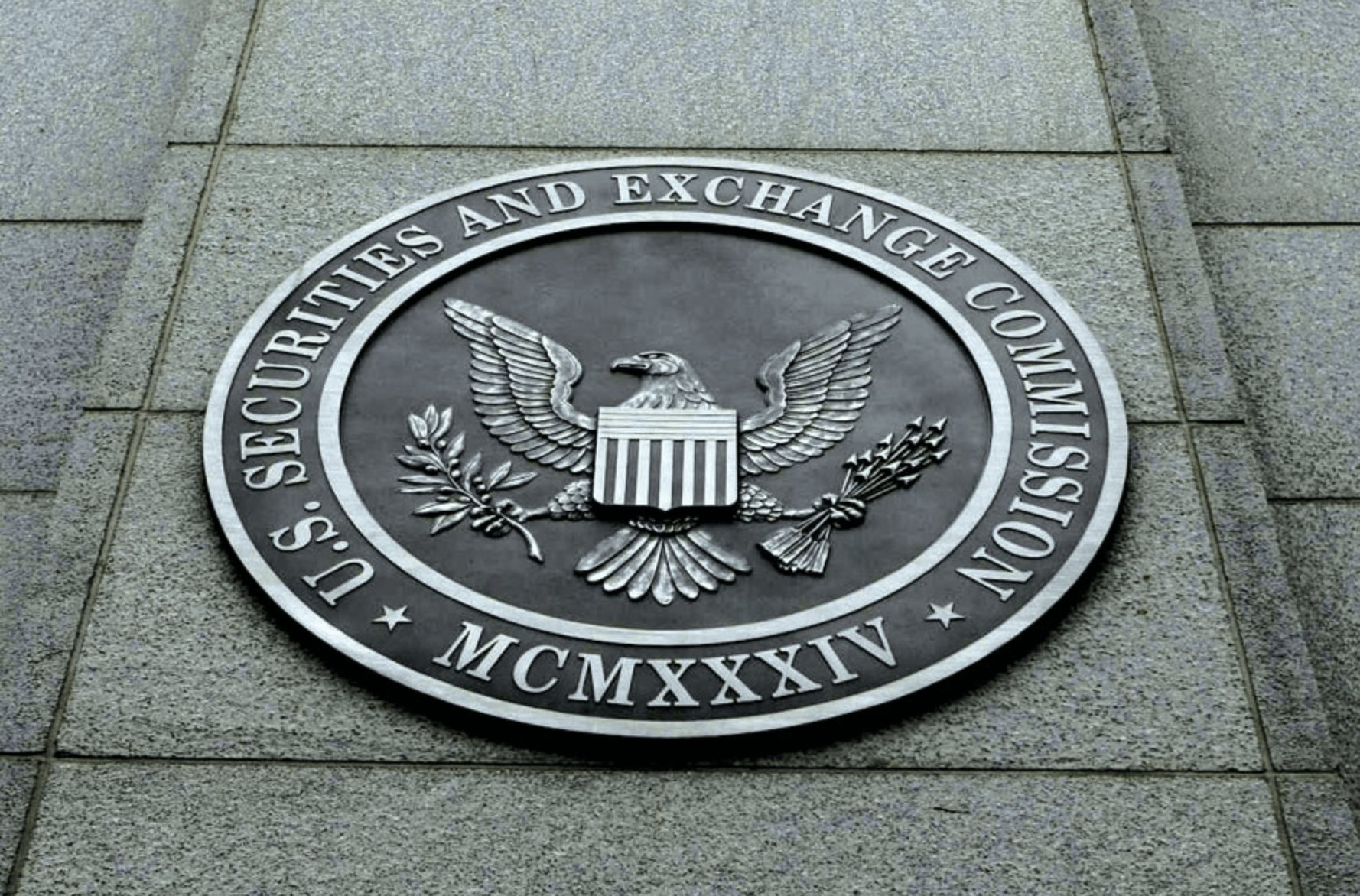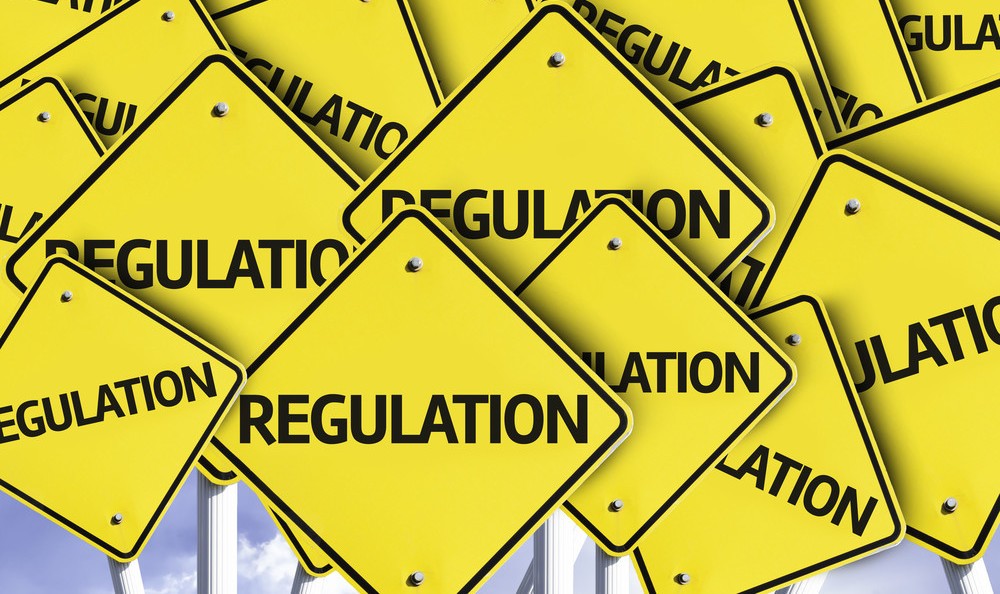Executive Order 13959 Sees Its First Casualties
On November 12, 2020, President Donald Trump signed Executive Order 13959. The Order’s goal is “Addressing the Treat From Securities Investments That Finance Communist Chinese Military Companies”.
The executive order prohibits all U.S. Investors (institutional and retail alike) from purchasing or investing in securities of companies identified by the U.S. government as “Communist Chinese military companies.” The prohibition went into effect on January 11, 2021, and immediately resulted in its first casualties, with 3 listed stocks being delisted and several OTC stocks having their symbols deleted.
SEC Amends Rule 144 for Convertible Notes and Unregistered Dealers
On December 22, 2020, the Securities and Exchange Commission (“SEC”) voted to propose amendments to Rule 144 to eliminate tacking for shares acquired upon exercise or conversion of market-adjustable securities. We have previously discussed the pattern of unregistered dealer activity associated with toxic convertible notes sold to issuers on the OTC Markets. Market adjustable securities are most often promissory notes, warrants, or preferred stock convertible into common or other shares at a dramatic discount to the issuer’s trading price. These types of market adjustable securities are known as “toxic financings” or “death spirals” for a reason. These financings are typically provided by persons acting as unregistered dealers, and they have crippling effects on small businesses and investors.
The SEC’s proposal is consistent with its recent enforcement actions targeting unregistered dealers involved in the business of toxic convertible note lending.
The proposed amendment the treatment of convertible notes under Rule 144 would not apply to securities issued by listed companies, the theory being that exchange listing standards requiring shareholder approval for substantial issuances would largely prevent these dilutive issuances. Read More
Nine Individuals Indicted in Global Resource Energy Inc (GBEN) “Pump and Dump” Scheme
On December 17, 2020, the United States Department of Justice unsealed an Indictment against nine individuals charged in a “pump and dump” stock manipulation scheme involving Global Resource Energy Inc (GBEN) filed in the Northern District of Ohio, Eastern Division.
Charged and arrested in the case were:
-
- Thomas Collins, a relative of the GBEN executive officer, Cathy Collins, described as owning a substantial number of GBEN shares through his family members, co-conspirators, and associates over which he had influence and control.
- Patrick Thomas, a substantial GBEN shareholder and convertible note holder (through View Point Health Investments LLC, Sims Investment Holdings, Gulf Coast M&A Ltd, and Avila P&H LLC).
- Tyler Paulson, a substantial GBEN shareholder and convertible note holder (through Super Boat Marine Inc).
- Hughe Duwayne Graham, an unlicensed stockbroker (through HDG Global Marketing LLC), solicited potential investors using the alias “Michael Strong” to purchase GBEN stock.
- Brian Kingsfield, an unlicensed stockbroker that solicited potential investors to purchase GBEN stock.
- Dale Pearlman, an unlicensed stockbroker that solicited potential investors to purchase GBEN stock.
- Gary Kouletas, an unregistered broker-dealer (through PAG Group LLC) that liquidated shares in GBEN for the benefit of Collins, Thomas, and Paulson, receiving compensation in the form of kickbacks or commissions.
- Paul Giarmoleo, an unregistered broker-dealer that worked with Kouletas at PAG Group LLC and through Private Resources LLC, liquidating shares in GBEN for the benefit of Collins, Thomas, and Paulson, receiving compensation in the form of kickbacks or commissions.
- Damon Durante, a substantial GBEN shareholder through his personal companies (including Verde Asset Management LLC), co-conspirators, and associates over which he had influence and control that received kickbacks and undisclosed commissions for the sale of GBEN stock and paid other unlicensed stockbrokers for soliciting and selling GBEN stock.
SEC Approves NYSE Plan for Direct Listings
On Tuesday, the US Securities and Exchange Commission (SEC) approved a proposed plan by the New York Stock Exchange (NYSE) to let companies raise capital through direction listing.
The plan will allow companies that opt for a direct list to save on bank underwriting fees and raise capital by issuing new shares and selling them to public investors on the first day of trading.
Nasdaq Announces New Proposed Listing Requirements to Advance Diversity
On December 1, 2020, the Nasdaq Stock Market LLC filed a proposal with the U.S. Securities and Exchange Commission (“SEC”) to adopt new listing rules related to board diversity and disclosure.
If approved by the SEC, the new listing rules would require all companies listed on the Nasdaq exchange to publicly disclose “consistent, transparent diversity statistics regarding their board of directors.” Additionally, the new rules would require most Nasdaq-listed companies to have, or explain why they don’t have, at least two diverse directors, including one who self-identifies as female and one who self-identifies as either an underrepresented minority or LGBTQ+.
Congress passes a Bill that forces Chinese stocks to meet US accounting standards
The U.S. House of Representatives unanimously passed legislation on Wednesday that would kick Chinese companies off U.S. stock exchanges if they do not fully comply with the U.S. auditing rules.
The Holding Foreign Companies Accountable Act, which was first introduced in May of 2019, passed the Senate by unanimous vote in May. Next, it will go to President Donald Trump’s desk, where it is expected to be signed into law.
Though the legislation applies to all countries, the bill’s sponsors intended it to target Chinese companies listed in the United States.
Jay Clayton won’t be sitting on his hands during his last month as the SEC Chair
On November 16, 2020, Jay Clayton, Chairman of the Securities and Exchange Commission, announced that he would be stepping down at the end of the year after 3 years and 238 days on the job.
The announcement did not say where Clayton is headed next. But his departure was expected.
SEC Charges Benja and Andrew J. Chapin With Defrauding Investors
Today, the Securities and Exchange Commission (the “SEC”) charged a San Francisco-based e-commerce startup and its chief executive officer with misleading investors about purported contracts with well-known consumer brands.
According to the SEC’s complaint, from 2018 and 2020, Benja Incorporated (“Benja”) and its Chief Executive Officer, Defendant Andrew J. Chapin, raised millions of dollars from investors, and banks, by making false representations about Benja’s business.
SEC Warns Broker-Dealers of Risks Associated with Offshore Omnibus Accounts Transacting in “Penny Stocks”
Last week, the SEC Division of Trading and Markets published a staff bulletin highlighting various risks for broker-dealers arising from certain transactions in “penny stocks” and other low-priced securities. The Commission emphasized that these risks are heightened when the identities of a foreign financial institution’s underlying customer and/or the ultimate beneficial owner of the funds and securities are unknown to a broker-dealer because of the omnibus account structure.
Caveat Emptor Securities Hit with a Big Setback
Last week, E*TRADE, a subsidiary of Morgan Stanley, which offers an electronic trading platform to trade financial assets including common stocks, announced that effective November 21, 2020, customers will no longer be able to open positions in Caveat Emptor securities due to the risks associated with trading shares in these companies.
E*TRADE further stated that Caveat Emptor securities currently held in accounts will be set to liquidation only, meaning you may close or continue to hold existing positions but no new or additional positions may be added. E*TRADE will also prohibit deposits and transfers in Caveat Emptor securities as of the effective date. The full statement can be found on the E*TRADE website.
SEC Awards Two Unique Whistleblower Awards
On November 13, 2020, the Securities and Exchange Commission (the “SEC”) announced an award of over $1.1 million to a whistleblower whose independent analysis led the staff to look at new conduct during an ongoing investigation.
The award is notable because it was a unique case where the receipt wasn’t a person, directly connected to the organization or individual that committed the fraud, sharing insider information, an encouraging sign for diligent shareholders or internet sleuths putting in the time to research and report potential fraudulent behavior.
According to the SEC press release, this whistleblower examined publicly available materials and conducted an analysis that revealed important new insights into the securities law violations, which helped the SEC protect investor assets from dissipation by the wrongdoer. The whistleblower’s information and exemplary assistance helped the agency bring an emergency action preventing further investor harm.
SEC Amends Regulation A, Crowdfunding and Rule 504 Securities Exemptions
On November 2, 2020, the Securities and Exchange Commission (the “SEC”) adopted amendments to the rules for exempt offerings under the Securities Act of 1933, as amended (Securities Act). Among other changes, the amendments (collectively the “Amendments”): (1) establish a new integration framework for issuers to move from one securities offering exemption to another; (2) increase the current offering and investment limits for Regulation A Offerings, Regulation Crowdfunding – Regulation CF and Rule 504 offerings; and (3) amend “Test-the-Waters” and “Demo Day” offering communications rules. The Regulation A and Rule 504 Amendments will become effective 60 days after publication in the Federal Register, and the Regulation Crowdfunding amendments will be effective upon publication in the Federal Register. Read More
Do Blue Sky Laws Apply to Regulation A Resales and Secondary Trading?
 A sometimes overlooked aspect of Regulation A+ is the impact of state blue sky laws on liquidity and resales also known as secondary sales. State blue sky laws are applicable to resales by purchasers in Regulation A Offerings and vary from state to state. From a practical perspective, a company raising capital should consider liquidity for investors and the rules that apply to secondary trading.
A sometimes overlooked aspect of Regulation A+ is the impact of state blue sky laws on liquidity and resales also known as secondary sales. State blue sky laws are applicable to resales by purchasers in Regulation A Offerings and vary from state to state. From a practical perspective, a company raising capital should consider liquidity for investors and the rules that apply to secondary trading.
The trading of securities of issuers listed on National Securities Exchanges like the NASDAQ Stock Market and the New York Stock Exchange (“NYSE”) are exempt from State blue sky laws that govern secondary trading; however, companies on the OTC Markets must comply with state blue sky laws for both their Regulation A+ offering and resales by the purchasers in the offering.
Tier 1 v Tier 2 – Regulation A State Blue Sky Compliance
Regulation A+ includes two offering tiers, each with different characteristics and requirements. Each Regulation A+ tier is treated differently under State blue sky laws.
Tier 1 of Regulation A+ provides an exemption for securities offerings of up to $20 million in a 12-month period, while Tier 2 provides an exemption for securities offerings of up to $50 million in a 12-month period. It should be noted that an issuer offering $20 million or less of securities can elect to proceed under either Tier 1 or Tier 2 of Regulation A+. Read More
SEC Proposes Exemptive Relief for Finders
At its October 7, 2020 open meeting, the Securities and Exchange Commission (the “SEC”) voted to propose exemptive relief for certain finders engaged in raising capital from accredited investors. If the proposal is adopted, it would allow them to receive commissions and other transaction-based compensation without registration as a broker-dealer under Section 15 of the Securities Exchange Act of 1934 (the “Exchange Act”).
The measure will apply only to finders who wish to assist issuers engaged in offerings that rely on exemptions from registration under the Securities Act of 1933 (the “Securities Act”) such as Regulation A, Regulation D, or Regulation Crowdfunding. In all cases, the finders must deal only with individuals or entities they reasonably believe to be accredited investors. Read More
Can I Use an Online Portal For My Rule 506(c) Offering?
 Online Platforms for Rule 506(c) Offerings
Online Platforms for Rule 506(c) Offerings
The most common exemption from SEC Registration is Rule 506(c) of Regulation D which provides for two unique exemptions from SEC registration that allow the issuer to raise unlimited amounts of capital if it complies with the specific requirements of each rule. Rule 506(b) permits sales to up to 35 non-accredited investors and an unlimited number of accredited investors while Rule 506(c) allows sales to be using general solicitation and advertising so long as the issuer verifies that all investors are accredited purchasers. The JOBS Act provided a limited exemption for online investment platforms from registration as a broker-dealer for certain offerings made pursuant to 506(c) of Regulation D. This exemption from broker-dealer registration is available if the person: Read More
SEC Amends Regulation S-K Item 101, 103 and 105
On August 26, 2020, the Securities and Exchange Commission (the “SEC”) finalized its proposed rule amending the disclosure requirements under Items 101, 103, and 105 of Regulation S-K. The revisions to Regulation S- K modernize SEC disclosure requirements and provide investors with more meaningful information about an issuer’s business, legal proceedings, and risks of an investment in the issuer’s securities. They also reduce the burden on issuers to disclose certain information that might be immaterial to the issuer’s business. Items 101, 103 and 105 have not been substantially revised for over 30 years. Issuers conducting direct public offerings or filing registration statements on Form F-1 or Form S-1 should be aware of these changes and adjust their filings appropriately.
The revisions to Regulation S-K will become effective 30 days after the final rule is published in the Federal Register. Read More
SEC Amends Accredited Investor Definition – Rule 506 Offerings
New Accredited Investor Rules
Rule 506 Offerings are the most common of the Regulation D exemptions from registration under the Securities Act of 1933, as amended (the “Securities Act”). Rule 506 contains two distinct offering exemptions. Rule 506(b) and Rule 506(c). Rule 506 (b) provides an exemption to an unlimited number of accredited investors and up to thirty-five non-accredited investors without the use of general solicitation and advertising while Rule 506(c) allows the issuer to sell to an unlimited number of accredited investors so long as it verifies that each investors is an accredited investor.
The first question most issuers ask when considering an offering under Rule 506 is “what is an accredited investor”?
Among other requirements, Rule 506(b) allows sales of securities to up to 35 non-accredited investors while Rule 506(c) allows sales to an unlimited number of accredited investors. The SEC’s amendment to the definition of Accredited Investor now includes knowledge-based criteria. The SEC Amendment expands the definition of “accredited investor” in Rule 501(a) to include the following: Read More
SEC Says toxic funder John M. Fife is an Unregistered Dealer
On September 3, 2020, the Securities and Exchange Commission (“SEC”) filed an enforcement action against John M. Fife and five entities he owns and controls: Chicago Venture Partners, L.P. (“CVP”), Iliad Research and Trading, L.P. (“Iliad”), St. George Investments LLC (“St. George”), Tonaquint, Inc. (“Tonaquint”), and Typenex Co-Investment, LLC (“Typenex”). According to the SEC, Fife and his companies had acted for years as securities dealers, but failed to register with the SEC and with the Financial Industry Regulatory Authority (“FINRA”) as the Securities Exchange Act of 1934 (“Exchange Act”) requires.
Fife has operated as what’s called a “toxic lender” for many years. Microcap companies trading on the over-the-counter market typically have limited access to traditional financing. Desperate for cash, they sign on with financiers like Fife who purchase securities—usually convertible promissory notes or convertible debentures—from them. The financiers charge extremely high interest, but that’s the least of their clients’ problems. Upon conversion, the lenders enjoy a discount to market price that may be as high as 60 percent, and higher in the event of default by the issuer. As he converts portions of his note and sells the resulting stock into the market in a series of tranches, the stock’s price plummets. That is why these kinds of instruments are called “death spiral convertibles.” Eventually, the dilution caused by the conversions may force the issuer to reverse split the company’s stock. Sometimes it drives the company into bankruptcy. Read More




